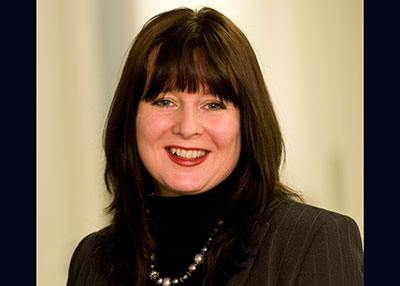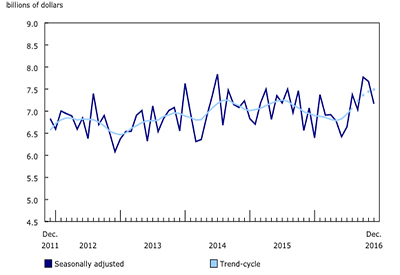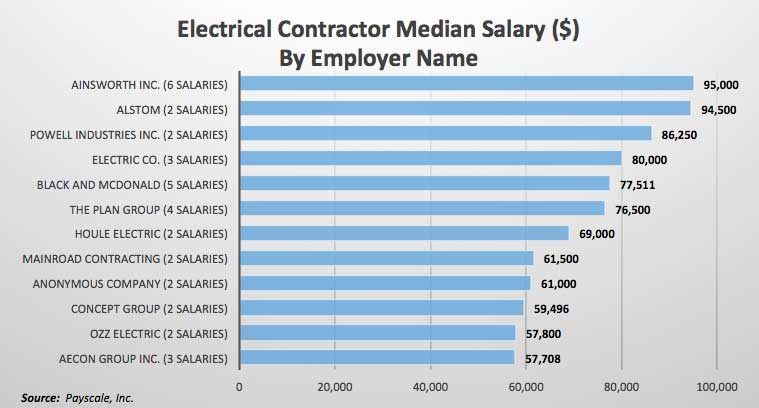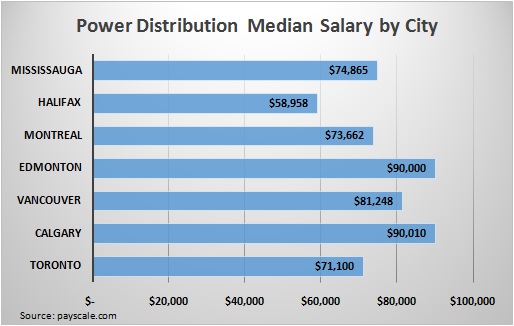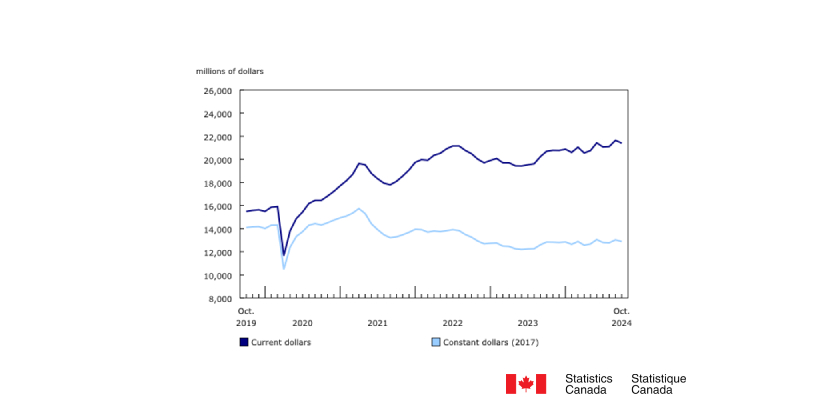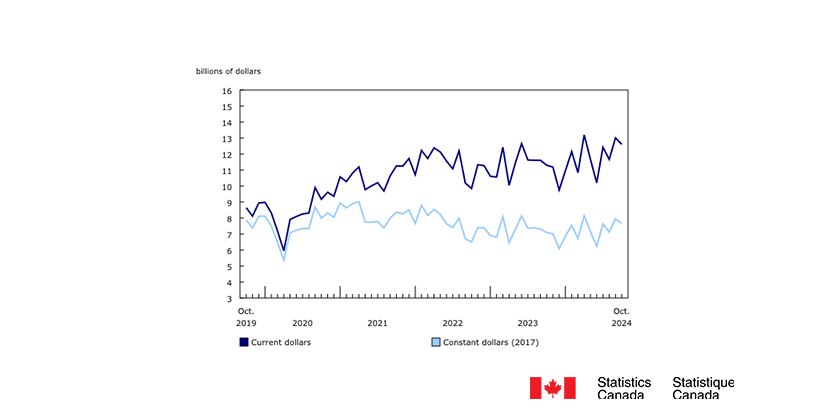A Conversation with EHRC Award Winner Don MacKinnon
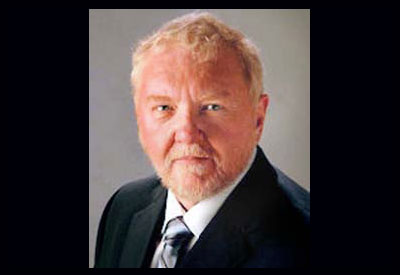
Feb 12, 2016
Corenne Taylor, Kerrwil Publications
On December 9, 2015, Don MacKinnon, President of the Power Workers Union (PWU), was presented with Electricity Human Resources Canada (EHRC)’s prestigious 2015 Leader of the Year award. The award recognized efforts by MacKinnon and the PWU to develop the available talent pool of workers for the power industry and make the industry a more desirable career destination.
Electrical Industry News Week had an opportunity to speak with MacKinnon and discuss his thoughts on the state of the industry, current opportunities and challenges, and measures being taken to ensure power needs are met now and in the future.
Meet Don MacKinnon
Don MacKinnon started his career over four decades ago as a lineman (now referred to as a line tech) and throughout his career has used his inside perspective and personal experience to fight for workers’ rights and press for improvements within the industry.
As President, MacKinnon is responsible for leading the PWU and providing guidance on direction. However, he was quick to point out that it is a very democratic organization and he relies heavily on the strong leadership team in place in order to make the best possible strategic and directional decisions. The PWU was developed to represent power workers as well as drive innovation and improvements within the power industry itself. According to its website, the PWU is “committed to delivering a promising future for our membership and continuing to help keep the lights on for all Ontarians.”
MacKinnon’s early role as a lineman and the experiences he had are what eventually led him to his current role. When he began his career, safety standards were not nearly adequate to keep workers safe, and far too many lost limbs or even their lives. In the late 1970s, the provinces and federal government began passing legislation requiring joint health and safety committees and health and safety representatives, and this was a role MacKinnon knew he just had to be in. Since then, he has continued to campaign tirelessly for workers’ rights and improvements within the industry. While the pressing issues have evolved substantially over the past 40 years, much stills needs to change, says MacKinnon, and he and the PWU continue to fight for those changes.
Challenges and opportunities facing the power industry
MacKinnon expressed that he is very excited about the future of the power industry. He sees the role of power growing exponentially in the future, and anticipated a significant challenge in ensuring there are enough qualified workers to meet demand.
The PWU has worked with the industry to improve conditions within the industry and seen impressive progress. Over the past several decades, safety conditions have improved tremendously, as have working conditions and benefits, though MacKinnon mentions there are still strides to be made. While years ago the safety concerns centred around physical safety, mental health has cropped up as a new safety concern. The PWU is actively providing workers with education and information to highlight this concern as well as working to overcome the stigma prevalent in workplaces that mental health is not a serious or “real” safety concern.
Developing future talent
A career in the power industry has become desirable, challenging, and full of opportunity for advancement. One key challenge is communicating this to the general public. While substantial improvements have been made within the industry, it still remains a difficult sell to some parents to encourage or support their children to pursue such a path.
To address the power needs of tomorrow, MacKinnon and his team at PWU are putting in the groundwork today. The PWU has developed school outreach programs to improve the perception of a career in power as well as to inform members of the community that haven’t traditionally been attracted to the industry.
School programs
The PWU has launched programs to raise the profile of a career in power at both the post-secondary and elementary level. In high schools, the organization launched programs such as Trade Up in order to gain the support of guidance counsellors and teachers, who are in a position to encourage students to consider a career in the trades as a viable option to other traditional paths.
Partnerships have also been established with colleges, and a spin-off organization, PWU Training Inc., was established near Bruce Power so that students and apprentices could receive hands-on experience while they learned. The objective of these training programs is not only to provide real-world experience, but also to increase the prestige of the industry and the portability of skills through association with well-known colleges.
At the elementary level, programs that have been set up within Ontario’s Aboriginal communities encourage the development of future tradespeople and help those growing up in remote communities master the skill sets necessary to succeed in those careers. When looking to Aboriginal communities for talent, it was discovered that many weren’t acquiring the necessary educational prerequisites to enter the trades. Further inquiry uncovered that many of these children never learned to read and had difficulty seeing any kind of future for themselves, leaving them vulnerable to thoughts of suicide. The PWU supported a program spearheaded by then Lieutenant Governor of Ontario James Bartleman to establish reading camps within First Nation communities to develop reading skills, provide life skills and, more importantly, encourage hope in these children.
Started almost a decade ago, the program has seen much success, most notably in a substantial decrease in child suicide.
Alternative talent pools
According to MacKinnon, the PWU is heavily invested in developing talent among women, Aboriginals, and the Armed Forces. In particular, the Armed Forces presents a great opportunity as many returning from service have skills that map nicely onto the needs of the power industry and are looking for careers that capitalize on the skills they acquired in service. Women and Aboriginals also present an attractive selection of talent for different reasons. Women were not traditionally drawn to the trades in the past as these types of careers were seen as more male-oriented. However, this perception is breaking down as more women enter the industry. Aboriginals living in remote communities tended to lack the educational prerequisites needed to pursue a career in the trades, something the PWU and others are trying to address with reading and outreach programs.
Final thoughts on the 2015 Leader of the Year award
As a closing question, Electrical Industry Canada asked MacKinnon if he felt he deserved the 2015 Leader of the Year award. His answer was two-fold. He was very happy and humbled to have received the award and was glad for the recognition it brought to the PWU and the great work it has done. However, he made it very clear that this win was not a win for him, it was a win for his team and the PWU as a whole, and it was each and every person who works tirelessly at the PWU to advance the rights of workers who truly won the award.
Read more on Don MacKinnon in EIN.




